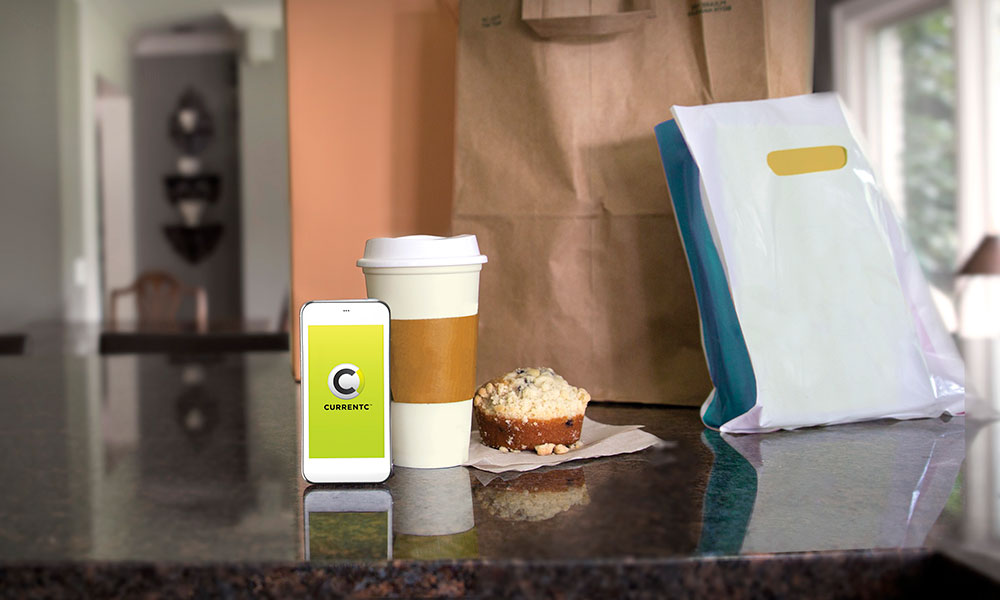
Apple Pay? No Way. Retailers Square Off Over Mobile Payments Tech
A battle is breaking out over the app that wants to replace your wallet, as the iPhone-based technology competes with a mobile payments effort backed by the retail industry. Trade groups are making their voices heard in the debate.
A battle is breaking out over the app that wants to replace your wallet, as the iPhone-based technology competes with a mobile payments effort backed by the retail industry. Trade groups are making their voices heard in the debate.
It turns out that some retailers aren’t as crazy about Apple Pay as the public is.
Last week, the iPhone maker launched its mobile-powered payments platform, only to see major national chains like Rite Aid and CVS turn off the near-field communication (NFC) functionality that enables the service—and similar ones offered by Google and the mobile industry.
This led to speculation about the reason for the move, along with criticism from groups such as the Electronic Transactions Association, which represents companies that offer products and services supporting electronic payments.
“This decision has nothing to do with convenience, reliability, or security,” ETA argued in a statement. “Rather, published reports indicate this is a deliberate boycott in favor of CurrentC, a mobile payments system supported by large retailers and slated for launch next year.”
Back when the MCX merchants first got together, it was in response to a market that lacked a viable mobile wallet that would benefit both consumers and retailers.
CurrentC, an industry effort by the Merchant Customer Exchange (MCX) that is still in the works, aims to allow retailers to offer mobile payments unencumbered by traditional banking systems—and, as a result, to avoid paying the interchange fees that have long been a thorn in the side of the retail industry.
The Apple Pay saga led to increased attention to CurrentC, not all of it kind. Some suggested that an exclusivity agreement among MCX partner companies played a role in the backlash.
“I don’t know that CVS and Rite Aid disabling Apple Pay out of spite is going to drive customers to switch pharmacies (Walgreens is an Apple Pay partner), but I do know that CurrentC is unlikely to ever gain any traction whatsoever,” tech blogger John Gruber wrote on Saturday. He noted differences in the two payment technologies that he said made the Apple Pay experience more user-friendly.
The Retailers’ Defense
For its part, MCX—which counts Wal-Mart, Target, Wendy’s, Sheetz, and Southwest Airlines among its partners—admitted that the agreement it has with its retailers is exclusive, but they are not fined if they choose to leave the partnership.
“Back when the MCX merchants first got together, it was in response to a market that lacked a viable mobile wallet that would benefit both consumers and retailers,” MCX said in a blog post. “Today, we believe that need still exists, and our working group is getting ready to reveal a solution that is different from other mobile payments options in many important ways.”
During a virtual news conference held Wednesday, MCX CEO Dekkers Davidson said interchange fees are less important to merchants joining the agreement than is payment security, despite coverage to the contrary.
“That’s a tertiary item, it’s all about consumer engagement,” he said.
MCX added that it potentially would support NFC technology in the long run, with Davidson emphasizing that “technology is not the enabler here, not the master.”
Some retailers, such as the Michigan-based grocery chain Meijer, will support both services. MCX said Wednesday it would not fine retailers who break the exclusivity agreement.
Meanwhile, the National Retail Federation, a key trade group, is defending its members’ decision not to take part in the Apple endeavor, saying that the tools must be convenient for both retailers and the public.
“There are a number of new technologies reaching the marketplace, and a number of other systems on the horizon,” NRF Senior Vice President and General Counsel Mallory Duncan said in a statement. “It is easy to second-guess why a specific retailer chooses one technology or another, or what payments they will or will not accept, but you can be sure that the bottom-line consideration is what is best for their company and their consumer.”
ETA CEO Jason Oxman, however, criticized that approach in comments to the Associated Press. “Blocking mobile-payments providers will deprive consumers of their preferred method of payment,” he said.
CurrentC, the retail effort going toe-to-toe with Apple Pay. (Merchant Customer Exchange)






Comments